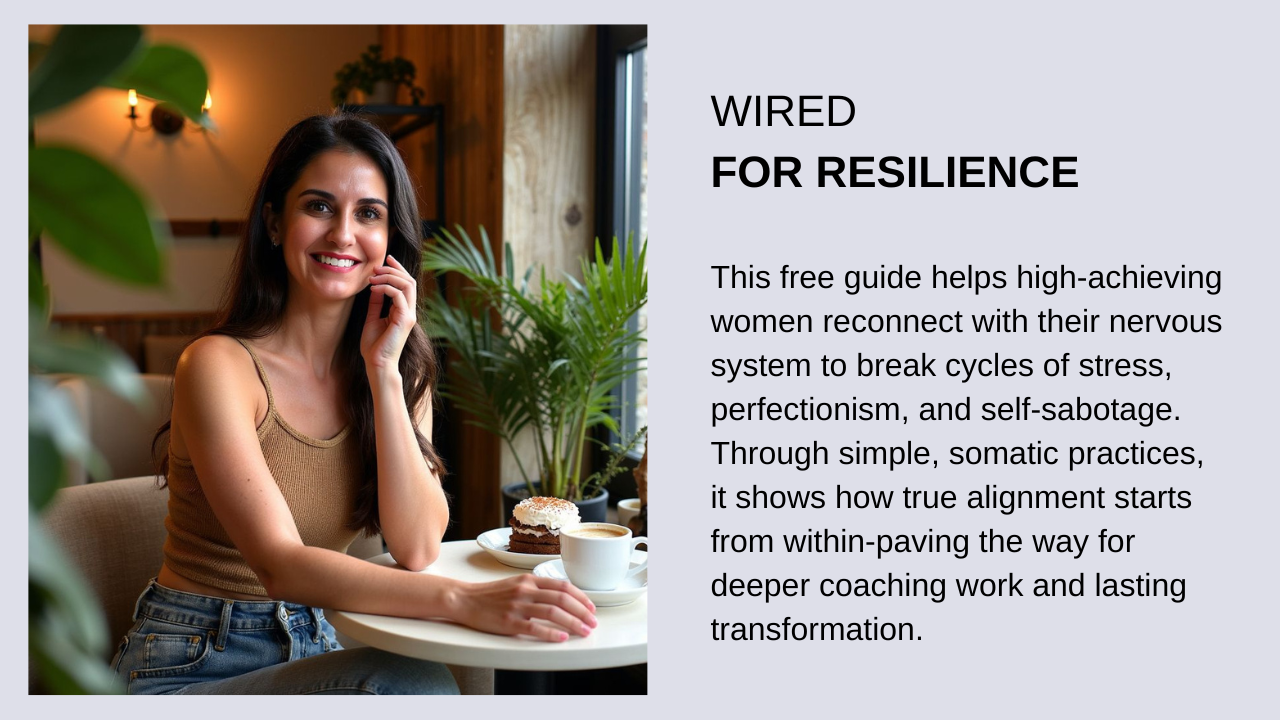Can Burnout Cause Depression?
Sep 30, 2025
Can burnout cause depression?
Yes, burnout can cause depression. When chronic stress depletes your energy and hope, it can shift from temporary exhaustion into a deeper mental health condition. Burnout wears down the nervous system, leaving you feeling hopeless, detached, and emotionally numb. Over time, this pattern can evolve into clinical depression if not addressed.
Can burnout lead to depression?
Yes, burnout can lead to depression. The constant cycle of stress without recovery drains your brain chemistry, making it harder to feel joy, motivation, or resilience. What begins as workplace exhaustion can spill over into your entire life, leading to depression that impacts your relationships, health, and identity.
Can burnout kill you?
Yes, burnout can kill you indirectly. It increases your risk for heart disease, high blood pressure, weakened immunity, and accidents due to fatigue or poor focus. While burnout itself isn’t listed as a direct cause of death, the stress and neglect of your body that come with it can be life-threatening.
Who burnout definition?
Burnout is defined by the World Health Organization as a syndrome caused by chronic workplace stress that has not been successfully managed. It’s characterized by three main features: exhaustion, cynicism or detachment from work, and reduced effectiveness. This definition highlights that burnout is not a weakness, it’s a serious condition linked to how we work and live.
What burnout feels like?
Burnout feels like constant exhaustion that sleep doesn’t fix. It’s dragging yourself through tasks you once enjoyed, feeling irritable or detached from others, and losing your sense of purpose. Physically, it can feel like heavy fatigue, brain fog, and stress symptoms in your body. Emotionally, it feels like you’ve run out of fuel and can’t recharge.
What burnout means?
Burnout means your system is overwhelmed and can’t reset. It signals that the balance between stress and recovery has been lost. It doesn’t just mean being tired, it means your mind and body are waving a red flag that you’re operating beyond capacity. Burnout means it’s time to pause, realign, and restore before more damage is done.
What burnout looks like?
Burnout looks like showing up but not being present. It can look like an employee who’s chronically late, withdrawn, or making mistakes they never used to. It looks like leaders who stop caring about their teams, or parents who feel numb going through daily motions. On the outside, it may look like someone still functioning but inside, they’re running on empty.
Burnout is more than being tired. It impacts your health, your relationships, and your ability to live fully. The good news is that recovery is possible when you learn to regulate your nervous system, create boundaries, and restore balance.
To learn more, book a free call with Karen Ann.
Stay connected with news and updates!
Join our mailing list to receive the latest news and updates from our team.
Don't worry, your information will not be shared.
We hate SPAM. We will never sell your information, for any reason.


